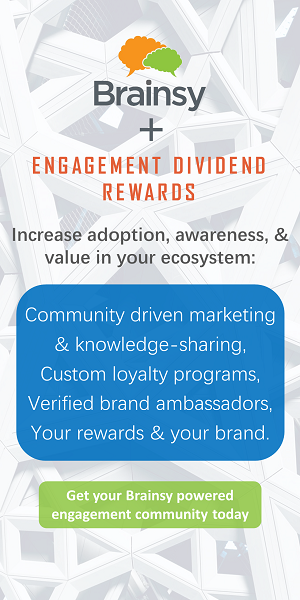To say 2018 was a record year for the venture capital market, would be an understatement – more money was invested in the highest number of private tech companies than ever before. And it wasn’t just the later rounds and unicorns that saw all of the activity. According to Crunchbase, angel and seed-stage activity accounted for approximately 59 percent of all deal volume – almost $25 billion was invested in seed stage deals which is a 50 percent increase from 2017.
So how does an entrepreneur and early stage founder attract capital? We recently held another round of our Capital Stack series with investors throughout the Northeast Corridor for a discussion on how to approach the investor community.
Do I need venture capital?
Phil Jung from Maryland Venture Fund challenged each founder to really think hard about whether or not to pursue venture capital.
“If I can take a look back, I would not fundraise. I would only fundraise if it’s absolutely necessary because now you have a standard and reporting structure that may not be what you want. They could create a board that disagrees with you and eventually replace you. Venture capital is not for everyone, it’s a long process that may take you away from your core business.
Ok, so I’ve decided to take venture funding. What do I say?
Once you made the decision to raise a round, it’s important to craft your message and present your company in the right way. Sasha Schrode from Robin Hood Ventures, advised to “bring in people that don’t know your business to get fresh eyes as well as people who do know the ins and outs of your industry and business.” This will strengthen your pitch and appeal to a broader audience.
Also, it’s important to have cohesive branding and to ensure the point of your company is displayed in every way. Sasha recommends to have “really clear messaging” and to ensure your message comes across the same in the pitch deck as it does in person as more people will likely see the deck instead of hearing your pitch.
What do investors look for?
One of the key things that Sasha looks for is the company’s team. “We see a lot of young entrepreneurs, so if you are a young founder, surround yourself (advisors, board members, etc) with seasoned experts and those who have experience and know your marketspace.
For Tom Basile with GP Ventures, he concentrates on the focus of the team. “While looking at a company I want to look at their individual plans. Niches can be very valuable if you understand how to grow to be in a place that you can be acquired or self sustainable. The focus of the company as a whole compared, relative to how big of a space the value proposition is addressing is important.”
For Stan Smith from Dingman Center for Entrepreneurship, he wants entrepreneurs to prove they have done their research and truly understand their market to have a realistic expectation of their funding. “Tell me why the evaluation of your market is higher than the average. Markets vary with geography, the value what you experience in one area is different than they may be at a different location.” It’s ok to have a higher than average valuation as long as you have to data to back it up.
Does networking work?
Between meetups, startup grinds, demo days, and hackathons, there are a lot of opportunities to network. But how are you most effective?
Tom Basile advises that “you can’t be everywhere and you need to make sure you are going to events to meet someone in an appropriate setting. You need to network and be out there. You need to be bullish in a polite way and be disciplined where you are gaining ROI”.
Both Kristine Harjes, from Motley Fool Ventures and Stan Smith emphasize the value of doing your research on the investors. “Prior to an event, I would research everyone and find who is really going to be beneficial to the one person that could help you,” says Kristine.“Initially, do the best you can to screen investors that will fit best in your story,” recommends Stan. “With that said, once you’ve narrowed down the list of relevant investors, I recommend talking to everyone you can.”
Will 2019 be another banner year for fundraising? Time will only tell but hopefully these tips will provide some insights into how to be effective when you go to secure your round of venture financing.
Register for FREE to comment or continue reading this article. Already registered? Login here.
1



It would be interesting to see 1776 survey the view of professionals in the crowdfunding world to see what they advise.